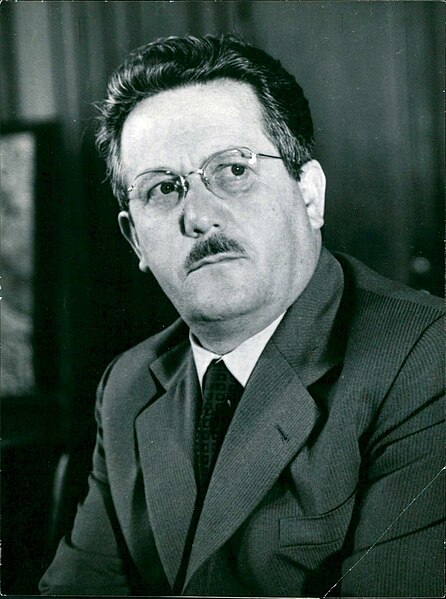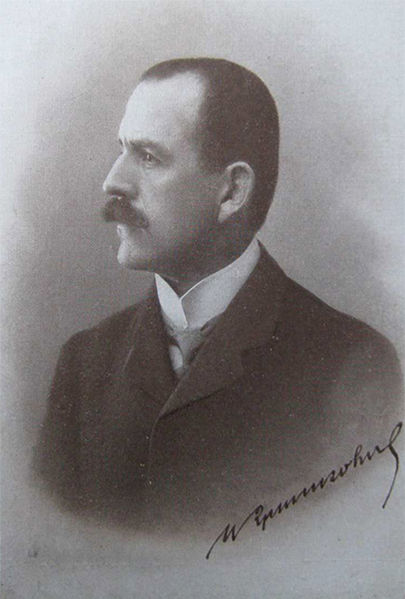Titoism is a socialist political philosophy most closely associated with Josip Broz Tito during the Cold War. It is characterized by a broad Yugoslav identity, socialist workers' self-management, a political separation from the Soviet Union, and leadership in the Non-Aligned Movement.
Josip Broz Tito meeting with Bolesław Bierut and Michał Żymierski from the Polish People's Republic in 1946.
Tito, Nehru and Nasser in 1961, three of the five founders of the Non-Aligned Movement.
Edvard Kardelj
Aleksandar Ranković
Josip Broz, commonly known as Tito, was a Yugoslav communist revolutionary and politician who served in various positions of national leadership from 1943 until his death in 1980. During World War II, he led the Yugoslav Partisans, often regarded as the most effective resistance movement in German-occupied Europe. He also served as prime minister from 2 November 1944 to 29 June 1963 and president of the Socialist Federal Republic of Yugoslavia from 14 January 1953 until his death. His political ideology and policies are known as Titoism.
Official portrait, 1961
Tito's birthplace in the village of Kumrovec, Croatia
The Uspensko-Bogorodichny monastery, where Tito recuperated from his wounds
The assassination of the Minister of the Interior, Milorad Drašković, led to the outlawing of the Communist Party.








